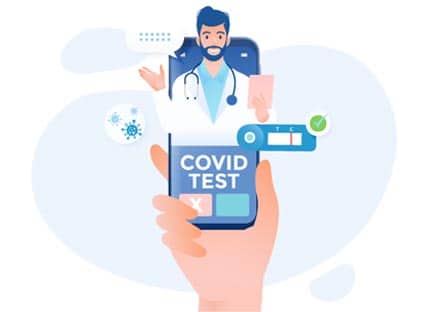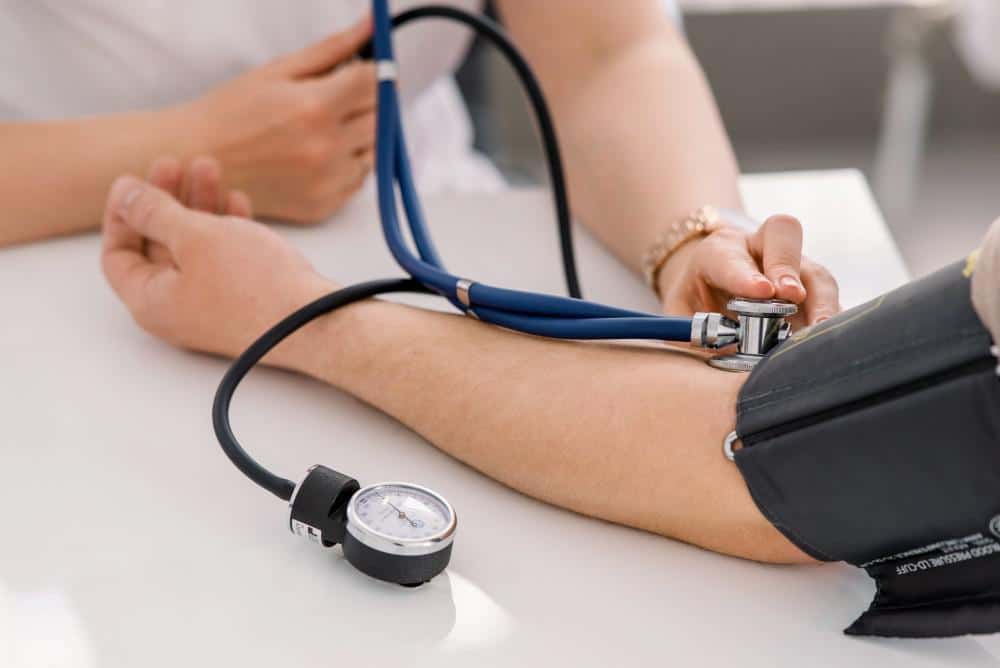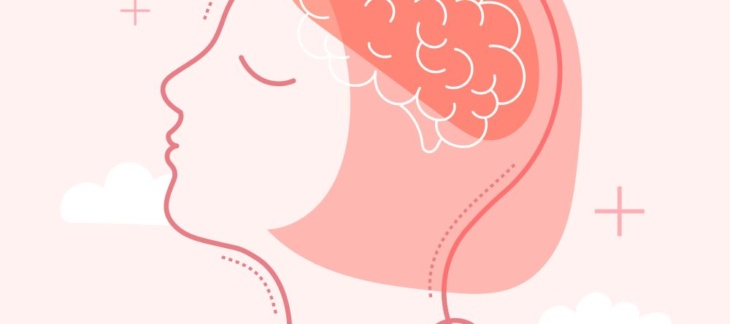During the course of a lifetime, the average American will have their blood pressure checked thousands of times. Regardless of whether you go to your primary care doctor or your dentist, your provider uses this key metric to gain a better glimpse of how well your body is operating.
Knowing where your blood pressure stands and managing a healthy reading can literally be life saving. But unlike other health issues, high blood pressure alone doesn’t have any outward symptoms, so you may have high blood pressure and not even know it until something like a heart attack or stroke happens.
The good news is even if at this very moment you have high blood pressure, you can change the trajectory of your health and rewrite your story so you don’t become a somber statistic. The skilled team of health professionals at Formé Medical Center in White Plains, New York, unpacks their insights on high blood pressure to help you be your own best health advocate.
Healthy tissues and organs need blood
The elephant in the room when it comes to blood pressure is the role that oxygenated blood plays in the healthy operation of your body. Every cell, tissue, and organ in your body relies on the ability to receive nutrient rich blood to remain healthy and operate optimally.
The overarching goal is to achieve sufficient pressure to circulate oxygenated blood to tissues and organs without making your heart work too hard.
Blood pressure readings represent the force or pressure of the circulating blood within your arteries and veins. Your blood pressure is recorded using two numbers.
If you have a normal blood pressure — a reading of less than 120 (systolic pressure) and less than 80 (diastolic pressure) indicates that blood is able to flow freely throughout your body without taxing your heart too much.
But if you have high blood pressure — a reading of 130 or higher (systolic pressure) or 80 or higher (diastolic pressure), the pressure on the walls of your veins or arteries is consistently too high, which can ultimately cause damage or block blood vessels that may cause a heart attack, heart disease, or stroke.
No outward symptoms
According to the Centers for Disease Control, an estimated 116 million Americans suffer from high blood pressure — that’s nearly half of the general population.
As remarkable as that statistic is, what’s really startling is that one out of every three people who have high blood pressure don’t even know it. They’re simply going about their daily lives while high blood pressure is damaging their body.
Unlike most health issues, high blood pressure alone rarely has any outward symptoms, which is why it’s nicknamed the “silent killer.”For some people the first inkling that there’s a problem is when they suffer a stroke or heart attack.
Others may seek treatment for secondary medical conditions that are triggered by high blood pressure, such as kidney disease or arterial or heart conditions. A patient may seek treatment for chest pain, headaches, leg weakness or stubborn leg sores that won’t heal and during the course of treatment find out they have high blood pressure.
Know your numbers
A great way to stay on top of your blood pressure is to get regular blood pressure screenings. Visit your doctor for annual physicalsand get blood work done to check for other connected conditions like high cholesterol.
You can even buy a blood pressure cuff from your local drug store and track your blood pressure at home or get it checked at your local pharmacy.
Know your family medical history and risks
Another way to be proactive about your blood pressure and overall health is to become familiar with your family medical history. Many health conditions like high blood pressure tend to run in families.
If a parent or sibling has high blood pressure, you’re at a much greater risk of developing it as well. Let your doctor know so they can monitor any changes in your blood pressure.
Remember that while you can’t do anything about hereditary factors, you do have control over many of the other risk factors for developing high blood pressure. Eating a healthy, balanced diet, staying active, managing stress, and not smoking can greatly reduce your risks of developing high blood pressure, and are a great recipe for overall health to boot.
If you have concerns about your blood pressure, contact Formé Medical Center to schedule a blood pressure screening. To make an appointment, call our office or request an appointment online today.







